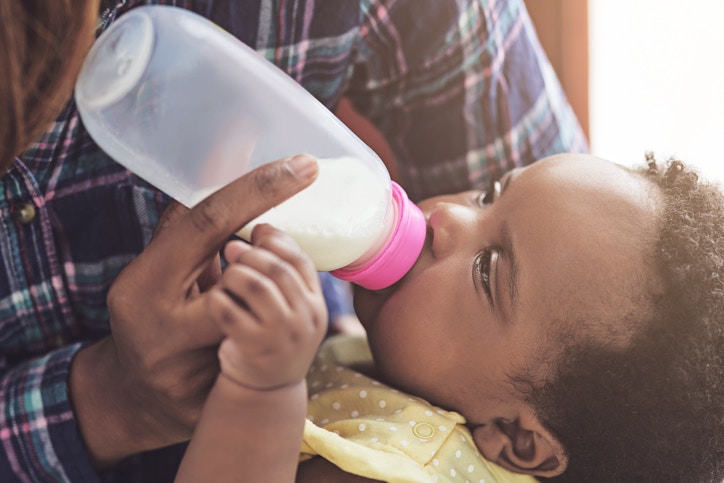Odds are, your child is going to have to take a test before going into Kindergarten. These days, public schools around the world require them. In the United States, they’re usually mandatory. Twenty-six states require kindergarten screeners, and others have plans to make them soon.
It’s hard not to get nervous before your child’s first standardized test, so it might be good to know that failing one of these things isn’t the end of the world. There was a time when kids who couldn’t pass kindergarten screeners would be held back, but they’re not so cruel anymore. Today, they’re only used to help teachers know which children need extra help and to make sure they get it.
Still, it’s worth getting ready. A screener is more than just a test – it’s a list of everything the school expects your child to be able to do. It’s a good idea to know what your child is expected to know before they start school.
Why should I get ready for a screener?
A child’s self-confidence on the first day of school has a big impact on their education. If your children feel capable and intelligent, they’ll do better in school. Knowing everything they’re expected to know plays a big part in building that confidence.
Even in Kindergarten, keeping your child up on their education is incredibly important. Pre-kindergarten math skills have a huge impact on later achievement. If a child’s reading is behind at the end of the first grade, there’s an 88 percent chance they’ll still be behind
Quiz your children on all of these skills before they take the test. Make a note of the things they have a hard time doing and spend as much time you can trying to fill in those gaps before they take the test. If they can go into the first day of school knowing everything they need to know, they’re going to feel a lot more confident – and they’ll do a lot better.
What’s going to be on the test?
Every test is a little bit different. There are dozens of kindergarten screeners out there. Your child might do a Brigance Test, a KDI-2, a Kinder-IQ, a DIBELS, an AABL or any number of other tests.
All of these different screeners, though, are more or less the same. There are a few things you can expect. For one, the test probably won’t take more than 30 minutes. For another, the tester will probably only expect your child to be able to do about 66 percent of the things they ask.
Make sure your child can do most of these things, and they’ll do fine:
Motor skills:
- Catch, throw, and kick a ball
- Use a fork and a spoon
- Hop on one foot on each foot
- Stand on one foot for 10 seconds
- Trace or draw a line
- Walk backward five steps
Speaking skills:
- Speak in sentences
- Be understood by a stranger
- Follow two-step directions
- Say their first, middle, and last name
- Give their address, phone number, and birthday
Reading skills:
- Identify and read the letters of the alphabet
- Identify the phonetic sounds of the letters of the alphabet
- Read, spell, and write their first name
- Listen to a story, including answering and asking questions
- Recognize rhyming words
Math:
- Count to 20
- Say which number comes after any number under 10
- Understand the concepts of addition and subtraction
- Add together two numbers with the help of coins or sticks
- Recognize and follow a simple ABAB pattern
Visual recognition:
- Distinguish common colors
- Compare two shapes using words like “longer” or “taller”
- Organize shapes from biggest to smallest
- Recognize basic shapes, such as circles, squares, triangles, rectangles, and diamonds
- Draw basic shapes
Body awareness:
- Recognize the basic body parts
- Distinguish left from right
- Draw a person who has five body parts
Social readiness:
- Recognize and express emotions
- Wash hands and use the bathroom
- Put on clothes and shoes, including managing buttons and snaps
- Understand rules and behavior
- Share and take turns
- Request and accept guidance from adults
- Focus on a task patiently
What if my child fails?
Some kids are late bloomers. Some kids get nervous during the screener or have a hard time talking to a stranger. The truth is, these tests aren’t very accurate – and so, even if your kid’s a genius, it’s completely possible that they’ll do badly.
Don’t worry about it. Worst case scenario, your child will get a little extra help and attention in class. Getting a low score on a kindergarten screener does not mean your child is dumb or that you did a bad job as a parent.
What matters is that you got your child as ready as possible for the first day of school. If your children go in knowing their shapes, letters, and numbers, they’re not going to feel like they’re behind the other kids – and that’s going to make all the difference in the world.



